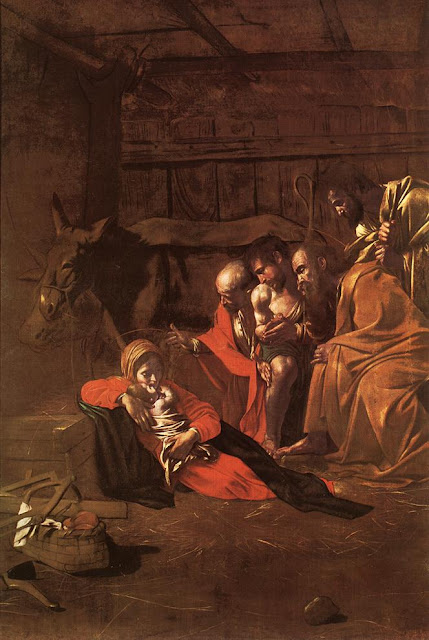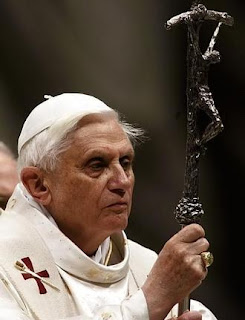Bishop Martin Drennan of Galway
I received the email below from Robert Fuller of Galway who read my post of 29 December, 'Catholic Church in Ireland 'burning down'.
Sexual abuse of children is a most horrible crime in which there is no
room for complacency. As a parent and a catholic I join the calls that
all those involved in neglect or cover up should resign.
With the reported resignation of four bishops this month, there seems
to be an expectancy that our Bishop of Galway, Martin Drennan, should
be next to go. Bishop Drennan’s name does appear in the Murphy
Report, but his actions are commended, not criticised.
The
Murphy Report gives a harrowing account of how Dublin Archdiocese
handled allegations and suspicions of child sexual abuse against
clerics during the period 1975-2004. The truth, not widely reported
before Christmas by the media, is that Bishop Drennan was appointed as
an Auxiliary Bishop in Dublin Archdiocese only in 1997, which was
after the much acclaimed “Framework Document” for dealing with such
complaints was already in place.
In over 700 pages, Bishop Drennan’s name is mentioned in connection
with only 1 of the 46 cases examined. In that case, concerns and
suspicions (not allegations of child sexual abuse) about “Fr. Guido”
(a pseudo name) were brought to Bishop Drennan’s attention, and the
Murphy Report commends how these were dealt with, concluding, “The
Archdiocese acted correctly in immediately addressing the concerns and
suspicions in this case”. (The Murphy Report, page 620)
Like many people in this country, I am angry. For many victims of
child sexual abuse, suffering was increased by injustice in how
concerns and allegations were handled. But neither the suffering or
anger can be relieved in a meaningful way through a further injustice
of delegating guilt and punishment to those not responsible. True
reform must seek to understand and address the reasons why bishops put
corporate and self preservation ahead of the Gospel.
If Bishop Drennan was involved in the neglect or cover up of
allegations of child sexual abuse then I would be also calling for his
resignation. However, the current evidence backed by the Murphy
Report is that he had behaved pro-actively for the protection and
safety of children. Accepting this and his word to be true, I for one
do not believe that his resignation would serve any purpose of
justice, reform, or healing.
Thanks for having taken the time to read through. Please support
Bishop Drennan by forwarding this email to others who may be
interested.
Sincerely,
Robert Fuller
 Father Vincent Twomey SVD, in a letter to The Irish Times on 2 December, called for the resignation of the five bishops still in office who had been mentioned in the Murphy Report. The text of the letter can be found on Dr Twomey’s website. In a letter in today’ issue of the paper he asks for forgiveness for having included Bishop Drennan:
Father Vincent Twomey SVD, in a letter to The Irish Times on 2 December, called for the resignation of the five bishops still in office who had been mentioned in the Murphy Report. The text of the letter can be found on Dr Twomey’s website. In a letter in today’ issue of the paper he asks for forgiveness for having included Bishop Drennan:





 The ceiling of St Mel's Cathedral
The ceiling of St Mel's Cathedral




